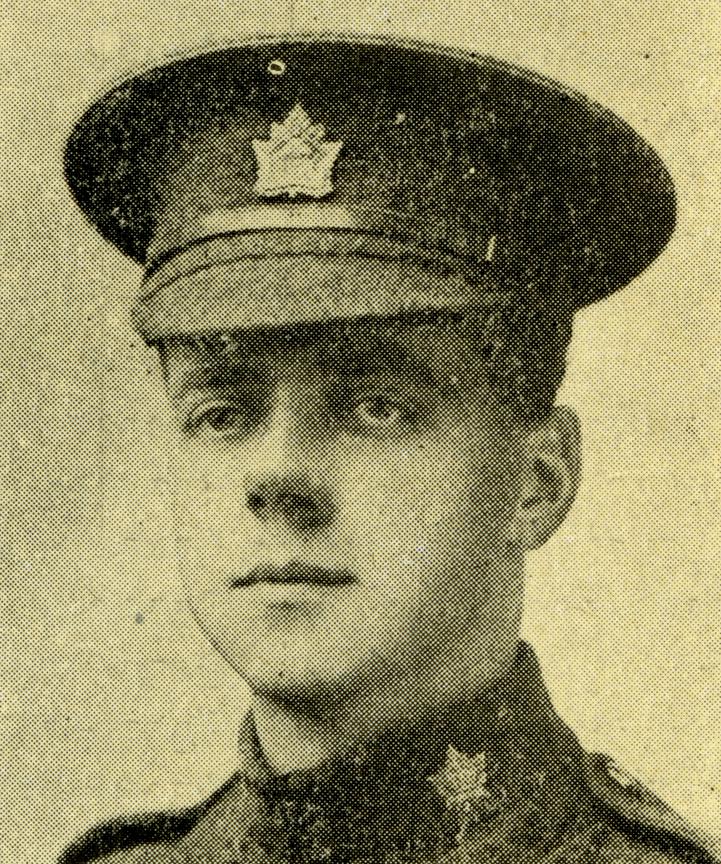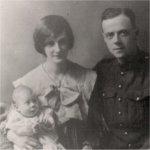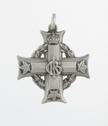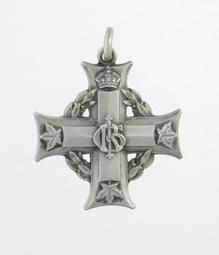Unit
No. 3 Canadian Stationery Hospital
Branch
Canadian Army Medical Corps
Service Component
Canadian Expeditionary Force
Service Number
814041
birth
1889/10/20
Leeds, United Kingdom, England
death
1918/05/30
Doullens, France
grave
Bagneux British Cemetery, France
Gender
Male
Ernest Maxwell Glen was born in Leeds, Yorkshire, England, on 20 October 1889. He was the youngest of Henry and Rhoda Glen’s eight children.
Glen immigrated to Canada in 1913. He stated that he was a printer when he enlisted in the 139th Canadian Infantry Battalion in Ottawa, Ontario, on 17 February 1916.
After receiving initial training in Canada, Glen was shipped to England from Halifax, Nova Scotia, on 26 September 1916. Upon arrival in Liverpool on 6 October 1916, he was assigned to the 36th Canadian Infantry Battalion. One month later, on 13 November 1916, he was transferred to the Canadian Army Medical Corps. After further training, Glen was sent to reinforce No. 3 Canadian Stationary Hospital, in Doullens, France, on 29 November 1916.
Glen was killed when the hospital was bombed by German aircraft the night of 29–30 May 1918. The Circumstances of Casualty report states: “He was on duty in the X-ray room of the 3rd Stationary Hospital, Doullens on the night of May 29–30, 1918 during a raid by hostile aircraft in which the building was bombed and demolished. He was either killed by the bomb explosion or caught in the falling wreckage. His body was recovered the following day by one of the large rescue parties."
Three Canadian nurses — Dorothy Baldwin, Agnes MacPherson, and Eden Pringle — were also among the 32 staff and patients killed in the air raid.
Ernest Maxwell Glen was buried with other victims of the attack on 31 May 1918, in Bagneux British Cemetery, in France. Bishop Fallon of London, Ontario, who was visiting the area at the time of the attack, assisted in the service.




